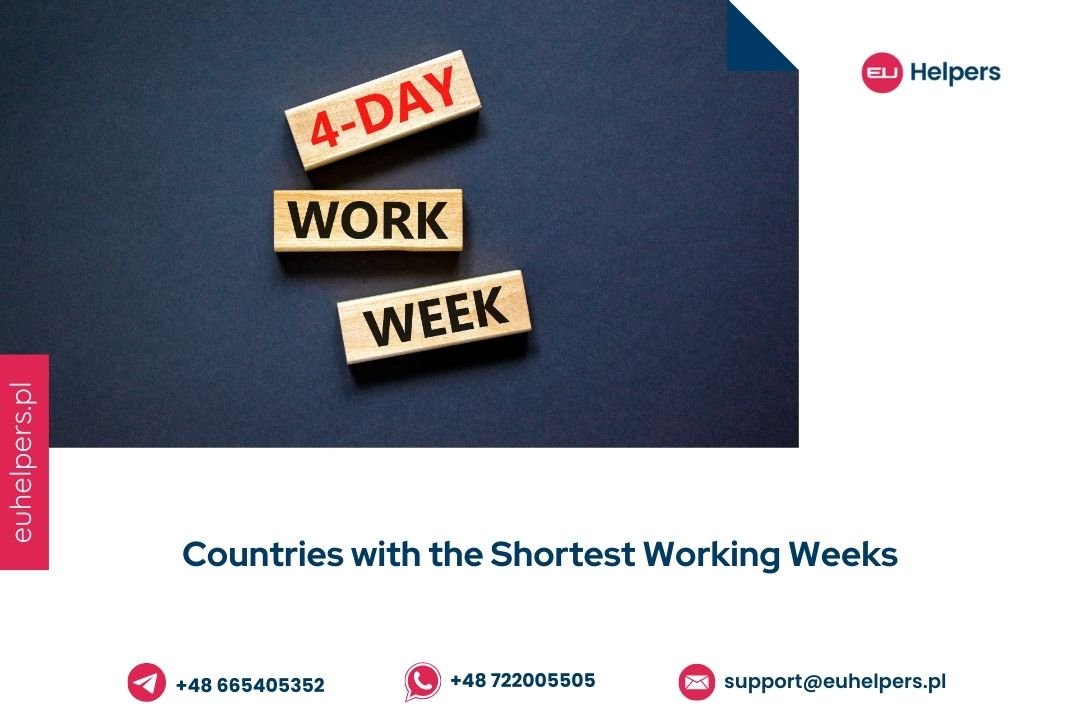As the global workforce evolves, many countries are actively reducing the number of hours employees are required to work each week. This shift aligns with a growing emphasis on work-life balance, employee well-being, and productivity. Some nations are leading the charge, introducing shorter working weeks and reaping the benefits.
Leading Nations with Short Work Weeks
Denmark stands out as one of the nations with the shortest working weeks globally. Employees in Denmark typically work just 33 hours per week, striking a balance between professional responsibilities and personal life.
In the neighbouring Netherlands, the working week is even shorter. Dutch employees work an average of 29 hours per week, making it the shortest working week in Europe. The Netherlands has set a high standard for flexible work arrangements and employee satisfaction.
However, no country surpasses the island nation of Vanuatu in the South Pacific. Here, the average working week is an astonishingly low 24.7 hours, highlighting a unique cultural approach to work and life balance.
The Rise of the Four-Day Work Week
The introduction of the four-day work week has also gained momentum. Countries and companies experimenting with this model have reported exceptional results, including reduced burnout and improved productivity. For example:
- A significant 40% reduction in stress and 75% decrease in burnout were observed.
- Employees took fewer sick days and reported better work-life balance.
- Surveys revealed that 77% of respondents preferred a shorter work week to dedicate more time to their personal lives, 36.5% to reduce workload, and 29% to spend more time with their children.
Attracting Talent in 2024
Shorter working week policies are increasingly seen as a competitive advantage in attracting top talent. As businesses recognize the importance of employee satisfaction, offering flexibility and reduced hours has become essential for retaining a motivated and happy workforce.
The global shift toward shorter working weeks demonstrates a growing awareness of the need to adapt workplace practices to modern lifestyles. As more countries adopt these progressive policies, the future of work looks set to prioritize balance, well-being, and flexibility.

